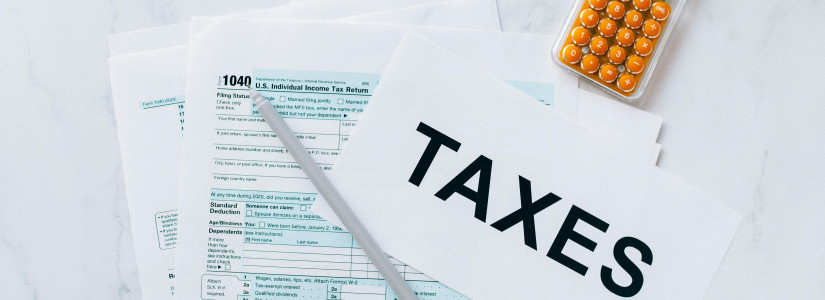Suddenly, the $11 Billion Roundup Settlement Could Be in Trouble
By all accounts, Bayer removed a major existential legal issue for the company when it entered into a settlement of the Roundup litigation. Now, the landmark $11 billion settlement is in trouble and is in danger of collapsing. The federal judge in charge of the multidistrict litigation is casting doubt on the settlement and is threatening not to approve the deal. Now, Bayer is saying that there are "bumps in the road" as it seeks to put this legal issue behind it.
Whenever there is a settlement agreement in class action or multidistrict lawsuits, it is not the end of the story. Instead, the deal comes in front of the judge for their own approval. In some cases, the judge will not approve the deal because they think that it is unfair or not an appropriate settlement agreement. By no means is the judge's approval a rubber stamp.
The Judge May Not Approve the Deal After Complaints from Plaintiffs' Counsel
Here, the federal court judge is indicating that he may not approve the deal. US District Court Judge Vince Chhabria has already been a feared figure in the courtroom in the Roundup cases, giving fearsome dressings down to attorneys in the case. The judge is known to be a strong-willed jurist. Now, Judge Chhabria is threatening to not approve the deal in the wake of allegations of misconduct on the part of Bayer since the deal was signed.
Some of the plaintiffs' lawyers have accused Bayer of reneging on the terms of the massive settlement. The company has characterized the terms of the agreement differently than attorneys representing plaintiffs. Part of the issue is that the settlement was not entirely global, meaning that it did not resolve every single one of the 120,000 cases filed against it. Instead, about a quarter of the cases will remain ongoing.
Bayer has claimed that this settlement agreement is contingent based on what happens with regard to the other cases. The company claims that, in order for the settlement of these cases to be effective, attorneys would first need to agree to a mechanism to handle the unsettled cases. The company wants a panel of scientific experts to rule on the other cases. However, this is a difficult issue because the unsettled cases would have their full legal rights to the judicial process. As a result, the judge is hesitant to approve the settlement agreement since he does not know if it is clear that Bayer will fully comply with the terms of the agreement.
The Settlement Did Not Extinguish All of the Cases Against Bayer
For Bayer, the company would still have some risk if it faces tens of thousands of cases. Before Bayer settled the cases, it had been hit with several large jury verdicts as juries assessed the company with high punitive damages. The company has every reason to be afraid of future jury exposure. Even 30,000 remaining cases would pose a high risk to the company.
For now, the fate of the settlement agreement remains undecided. The judge has questioned whether Bayer intends to comply with the settlement agreement and how he could approve the deal when there are open questions. He has stated that he has the capacity to send these cases out to other jurisdictions and districts for trials should it be necessary in the future. In the meantime, he directed both parties to continue working to implement the settlement agreement while also discussing the steps that would need to be taken if the cases were to go to trial. He also scheduled a hearing for September 24 where he would discuss how these cases are proceeding. The judge is in possession of several letters from plaintiffs' groups that detail their alllegations of how Bayer is not complying with the terms of the settlement. The judge has indicated that he may make those letters public.
News that the settlement may be in trouble was enough to shave billions of dollars of valuation from the company. Bayer's stock price was depressed for over a year as investors fretted about the company's legal exposure. Now, the prospect that the company may have unlimited liability is enough to spook investors. There is a chance that Bayer is merely posturing to try to wring better terms. Nevertheless, investors will need to worry for the next few weeks that the deal may be off the table.












